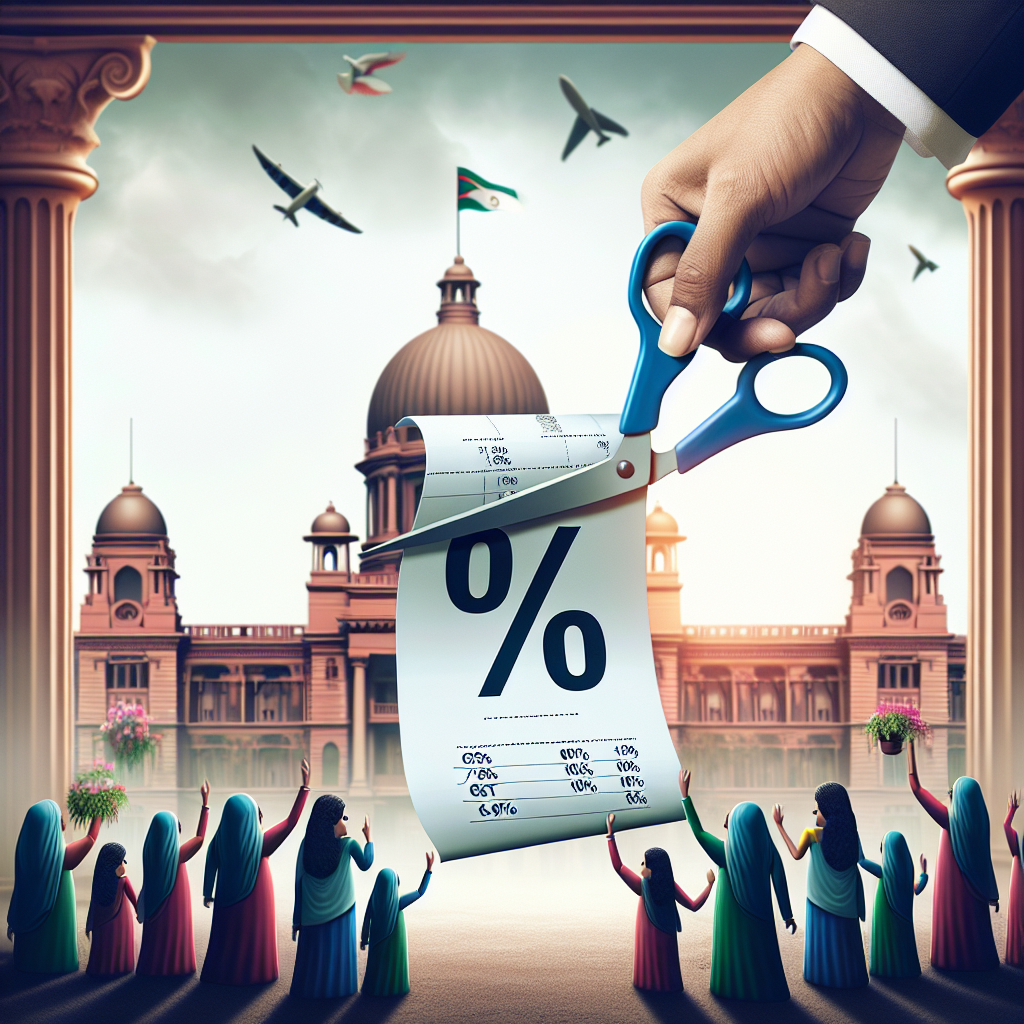GST Blues: FMCG Players Tackle Pricing Challenges Amid Tax Reform
With the implementation of lower GST rates, FMCG companies face challenges in adjusting prices, leading to temporary non-standard price points. Popular low-cost items now have reduced prices, anticipated to normalize in a few months as companies adjust packaging and grammage. This change aims to boost consumer consumption.

- Country:
- India
The introduction of lower GST rates has posed significant challenges for fast-moving consumer goods (FMCG) companies, as they struggle to adjust product prices to new tax structures. Many popular low-cost items are now priced at non-standard amounts, a temporary shift expected to last about two months.
The industry, grappling with the transition, has reduced prices on various household items to reflect tax cuts, despite difficulties in adjusting product packaging promptly. Companies like Parle and Dabur are offering temporary price reductions until they can standardize packaging and grammage.
Industry experts predict a return to familiar price points, such as Rs 2, Rs 5, and Rs 10, once companies stabilize post-GST changes. These temporary measures are expected to encourage consumer purchases and boost consumption across India.
(With inputs from agencies.)
ALSO READ
GST 2.0 and Tax Reforms to Propel India's Economic Surge
Odisha Lauds Transformative Tax Reforms Driving Economic Growth
BJP Unveils 'Next-Gen GST': A Landmark Tax Reform
Patanjali Faces Court Battle Over Alleged Disparaging Ads Against Dabur Chyawanprash
Revolutionizing India's Economy: Next Gen GST Ushers in New Era of Tax Reforms










